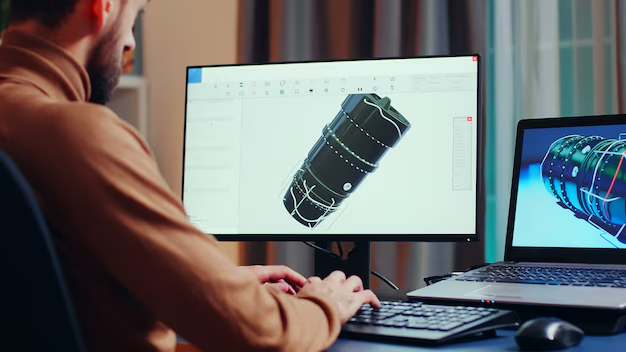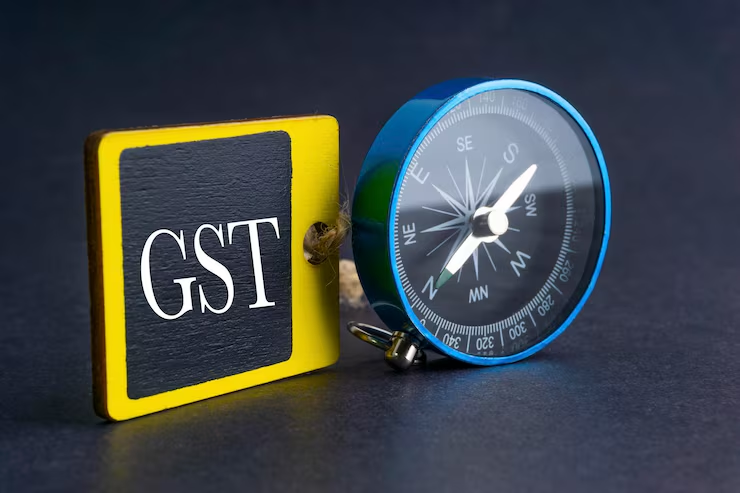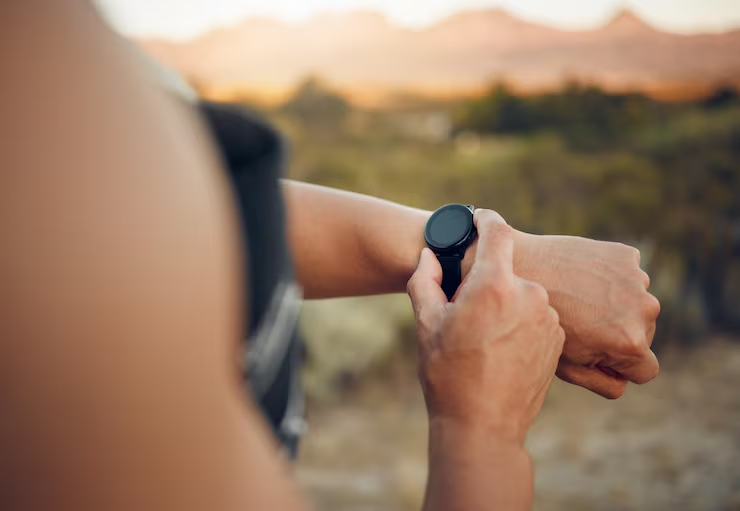
Afruimwagens: The Essential Tool for Efficient Hospitality and Cleaning Operations
In the fast-paced world of hospitality, catering, and facility management, efficiency and cleanliness go hand in hand. One of the unsung heroes that make this possible is the afruimwagen — a practical, mobile, and indispensable tool that simplifies the process of clearing tables, collecting dishes, and maintaining order in busy environments.
Whether in restaurants, hotels, hospitals, or industrial kitchens, afruimwagens (also known as clearing trolleys or bussing carts) have become an essential component for smooth operations. In this post, we will explore what afruimwagens are, their types, materials, uses, benefits, and how to choose the perfect model for your business.
What Is an Afruimwagen?
An afruimwagen is a clearing cart or trolley designed to collect, transport, and organize dirty dishes, trays, cutlery, and waste from dining or service areas to cleaning or dishwashing stations.
The name originates from the Dutch word “afruimen,” meaning “to clear away,” and “wagen,” meaning “cart.” Thus, the literal translation of afruimwagen is “clearing cart.”
Afruimwagens are widely used in:
- Restaurants and cafés
- Canteens and catering halls
- Hospitals and care facilities
- Hotels and event venues
- Industrial kitchens and food production units
These versatile trolleys are available in multiple sizes, materials, and configurations to suit different needs, from lightweight models for cafés to heavy-duty carts for industrial kitchens.
The Role of Afruimwagens in Hospitality Operations
In busy food service environments, time and hygiene are crucial. Staff must work efficiently while maintaining a clean and organized environment. Here’s where afruimwagens shine:
- Improved Efficiency:
Staff can quickly collect dirty dishes, glasses, and utensils without making multiple trips between tables and the dishwashing area. - Enhanced Hygiene:
By keeping dirty items contained and separate from clean dishes, afruimwagens help prevent cross-contamination. - Better Organization:
With multiple shelves, compartments, and waste bins, afruimwagens allow for easy separation of plates, cutlery, and trash. - Professional Appearance:
In open-service areas or buffets, a well-designed afruimwagen helps maintain a neat and professional look while clearing tables discreetly.
Types of Afruimwagens
Depending on the industry and specific use case, there are several types of afruimwagens available. Here are the most common ones:
1. Basic Two- or Three-Tier Afruimwagens
These are the most common designs featuring two or three shelves for transporting dishes, trays, or glassware. They are ideal for restaurants, cafés, and catering halls.
Typical Features:
- Stainless steel or plastic construction
- Non-slip shelves
- Quiet caster wheels for easy movement
- Compact design
2. Closed Afruimwagens
For environments where appearance and hygiene are a priority, closed afruimwagens come with enclosed compartments or doors to hide dirty dishes.
Best For:
Hotels, buffets, and healthcare facilities where discretion and sanitation are vital.
3. Waste-Sorting Afruimwagens
These include integrated waste bins or bag holders for separating recyclables, food waste, and general trash during clearing operations.
Best For:
Canteens, hospitals, and sustainable kitchens promoting waste management.
4. Heavy-Duty Industrial Afruimwagens
Designed for large-scale kitchens or food production facilities, these models can handle high volumes and heavy loads.
Typical Features:
- Reinforced frames
- Large rubber wheels
- Heat and chemical resistance
5. Compact or Folding Afruimwagens
Perfect for small spaces or mobile catering services. These trolleys can be folded or disassembled for easy storage.
Common Materials Used in Afruimwagens
The choice of material impacts the durability, weight, and hygiene of the afruimwagen. Here are the most widely used materials:
1. Stainless Steel
- Pros: Durable, hygienic, corrosion-resistant, and easy to clean.
- Ideal For: Restaurants, hotels, and industrial kitchens.
- Cons: Heavier and more expensive than plastic options.
2. Polypropylene (Plastic)
- Pros: Lightweight, affordable, and resistant to moisture and chemicals.
- Ideal For: Cafés, hospitals, and small catering setups.
- Cons: Less durable for heavy-duty use.
3. Aluminum
- Pros: Lightweight yet strong, rust-resistant.
- Ideal For: Mobile food services and outdoor catering.
- Cons: Can dent more easily than stainless steel.
4. Hybrid Materials
Some modern afruimwagens combine materials — for example, stainless steel frames with plastic trays — to offer a balance of strength and lightness.
Key Features to Look for When Buying an Afruimwagen
When selecting an afruimwagen, consider the following features to ensure it meets your operational needs:
- Number of Shelves:
Depending on your workload, choose between 2, 3, or 4 shelves. More shelves allow higher capacity but may reduce mobility. - Wheel Quality:
Look for strong, smooth-rolling, and noise-reducing wheels — preferably with locking brakes for safety. - Load Capacity:
Ensure the trolley can handle your typical load without strain. Heavy-duty models support 100–300 kg or more. - Hygiene Design:
Smooth surfaces and removable trays make cleaning easier and prevent dirt buildup. - Ergonomic Handles:
Rounded or cushioned handles improve comfort for staff during long shifts. - Optional Accessories:
Many models offer add-ons like cutlery bins, waste containers, or towel holders.
Benefits of Using Afruimwagens in Professional Settings
1. Increased Productivity
By reducing the number of trips required to clear a dining area, afruimwagens significantly cut down on staff workload and turnaround time.
2. Enhanced Cleanliness and Hygiene
Dirty dishes, food waste, and trash are neatly collected in one go, minimizing clutter and improving sanitation standards.
3. Cost-Effective Solution
Afruimwagens are a long-term investment that pays for itself by saving labor time and preventing breakage of dishes during transport.
4. Versatility
From restaurants to hospitals, afruimwagens can be used in multiple contexts — not just for clearing tables but also for transporting supplies, linens, or cleaning equipment.
5. Safety and Convenience
The ergonomic design and stability reduce the risk of accidents, spills, and physical strain for staff.
Afruimwagens in Sustainable Operations
Sustainability has become a major concern in modern hospitality management. Many businesses are now using eco-friendly afruimwagens made from recyclable materials or designed for waste segregation.
For instance:
- Plastic-free stainless steel trolleys help reduce long-term waste.
- Sorting compartments encourage staff to separate organic and recyclable waste.
- Durable construction ensures longer service life, reducing replacement frequency and waste.
By integrating afruimwagens into sustainable practices, companies not only improve operational efficiency but also contribute to environmental goals.
Top Tips for Maintaining Afruimwagens
Proper maintenance extends the lifespan and efficiency of your afruimwagen. Here are some best practices:
- Clean Regularly:
Wipe down after every shift to prevent residue buildup. For stainless steel, use non-abrasive cleaners. - Check Wheels and Brakes:
Inspect for wear and tear to ensure smooth movement and safety. - Avoid Overloading:
Exceeding the load limit can damage the structure and make movement unsafe. - Store Properly:
Keep in dry, clean areas when not in use. Folding models should be stored upright to save space. - Schedule Routine Inspections:
Identify early signs of rust, cracks, or wheel misalignment.
Choosing the Right Supplier
When purchasing afruimwagens, working with a reliable supplier ensures product quality and long-term satisfaction. Look for:
- Warranty and customer support
- Availability of replacement parts
- Customization options (for branding or size adjustments)
- Positive reviews and industry reputation
Trusted brands in the Netherlands, Belgium, and Germany — where the term “afruimwagen” is most used — often specialize in professional-grade hospitality equipment designed for durability and hygiene.
Final Thoughts: The Unsung Workhorse of Clean Operations
The afruimwagen may not be the centerpiece of a restaurant or hotel, but its role in maintaining efficiency, cleanliness, and professionalism cannot be overstated.
From clearing tables in busy dining rooms to collecting trays in hospitals, afruimwagens quietly ensure that every operation runs smoothly behind the scenes. Investing in the right model is not just about convenience — it’s about creating a smarter, cleaner, and more organized workspace.



















